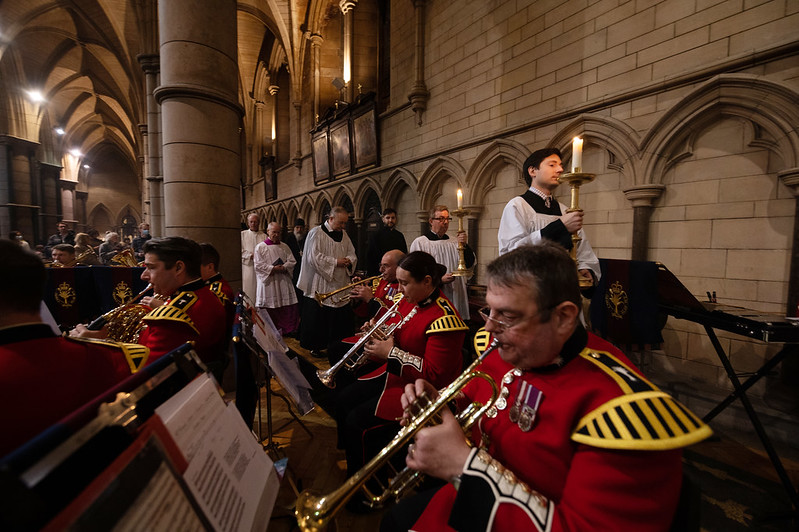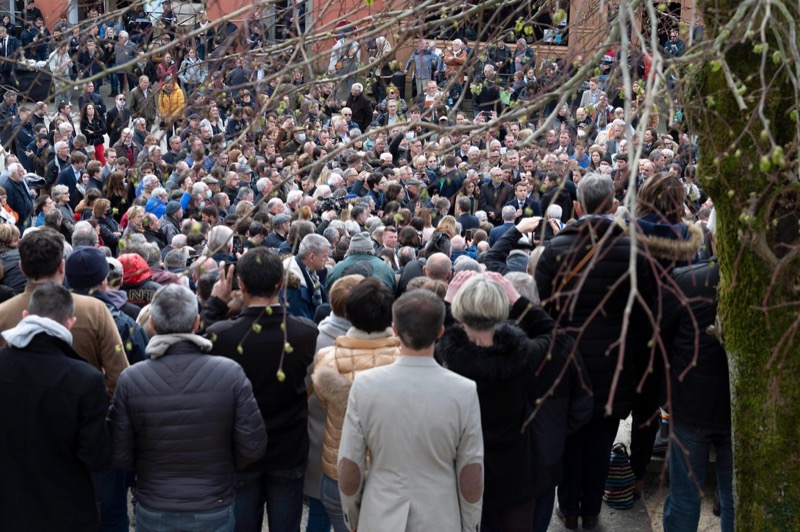France faces the first round of its presidential election on 10 April with President Emmanuel Macron the widely presumed winner followed by three fringe candidates and then single-digit also-rans.
Among the no-hopers is Valérie Pécresse, who represents the centre-right Republicans party and might seem to be a natural vote-getter in France. She’s an experienced Paris technocrat, a chic Catholic mother of three, but running only a weak fifth in a field of 12 candidates.
Macron’s 2017 feat of dominating the political centre as the traditional Republicans and Socialists collapsed has left the one-time “traditional parties” even lower in voters’ favour than three fringe parties with platforms that cannot form a majority.
The widespread assumption is that Macron will beat Marine Le Pen, head of the far-right National Rally party, in the 24 April run-off. But he is slipping in the polls and Le Pen rising, giving him just a 53-47 percent advantage in the runoff. He beat her by 66-34 percent in 2017.
With his commanding lead in the polls, Macron has hardly campaigned, spending more time dealing with the Ukraine war. By contrast, Le Pen is out garnering voters with complaints about inflation and promises to restore French sovereignty.
Polls show the far-left firebrand Jean-Luc Mélenchon in third place and rising, followed by a weakening Éric Zemmour, whose far-far-right policies make even Le Pen sound somewhat moderate in comparison.
As proof these candidates appeal mainly to resentment and identity, some voters are unsure whether to back Mélenchon or Zemmour. A record 30 percent may not vote at all, opening the door to possible surprises.
The French political landscape looks even more fractured than 2017, when the Republicans looked strong behind former prime minister François Fillon, who had rallied many Catholic voters in a primary before he flamed out in a fake jobs scandal and ended third.
Pécresse, a former education and then budget minister who now heads the greater Paris regional council, edged out a more conservative rival in a primary to become the Republicans candidate.
The 54-year-old cites Angela Merkel and Margaret Thatcher as her political models and seems like a French version of Ursula von der Leyen, the German-born president of the European Commission.
But for many in France that means Pécresse, who lives in the upscale Versailles suburb of Paris, is “too smooth, too blonde, too perfect, too feminine in the classical sense,” as Elle magazine judged.
Another factor is that several male party barons, knowing the party could not win, are letting her take the fall and focusing on the legislative elections due in June.
In contrast to 2017, when bioethical issues such as same-sex marriage and surrogacy were hot topics, no specifically Catholic questions have emerged. References to France’s Christian identity come mostly from the far-right, where they serve as anti-Muslim dog whistles.



 Loading ...
Loading ...